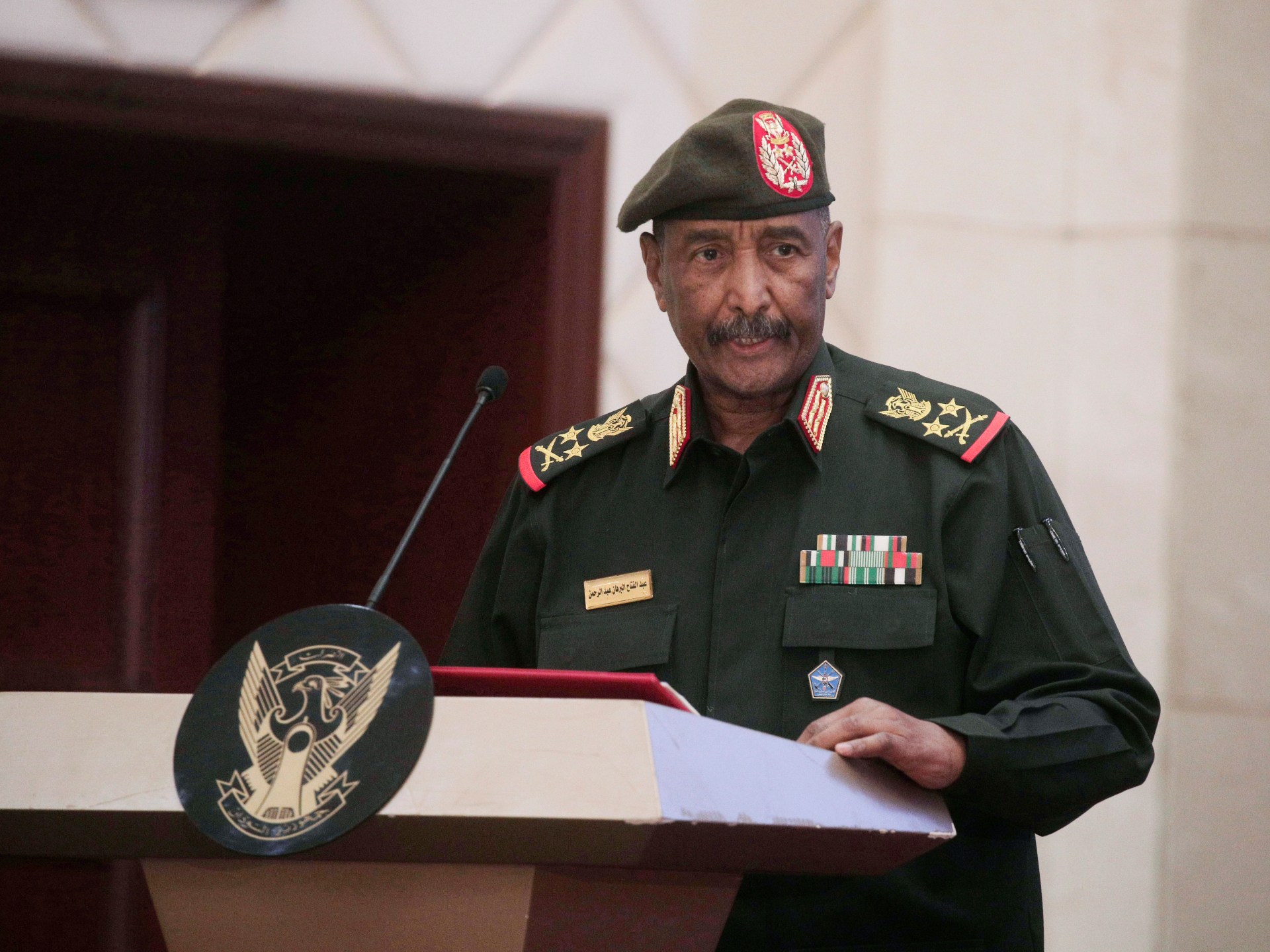Pakistani rupee hits record low amid IMF bailout delay | Economy News
Pakistani rupee dropped by 6 percent against the US dollar, while interest rate was raised to 20 percent as the country waits to unlock $1.1bn IMF fund.
The Pakistani rupee has touched a record low, while a bigger-than-expected interest rate rise has failed to revive its markets as the South Asian country struggles to unlock critical funding from the International Monetary Fund (IMF).
The rupee hit a record low of 284 per US dollar in local trading on Thursday, Eikon data showed. It retraced some losses to end at 279 per dollar, still down by some 6 percent.
To try to tackle soaring inflation, shore up its currency and fulfil another IMF demand, Pakistan’s central bank announced a larger-than-expected 300-basis-point interest rate hike.
Policymakers lifted the key lending to 20 percent, its highest level since October 1996, by bringing forward a meeting that had originally been scheduled for March 16.
The country’s international bonds fell by more than three cents in the dollar.
The currency, which has weakened by nearly 20 percent since the start of the year, has been sliding after delays in a deal between Pakistan and the IMF.
“A delay in IMF funding is creating uncertainty in the currency market,” said Mohammed Sohail of Topline Securities, a Karachi-based brokerage house.
The IMF funding is critical for the country, which has been in economic turmoil, to unlock other bilateral and multilateral external financing.
Pakistan’s central bank’s foreign exchange reserves have fallen to levels barely enough to cover three weeks of imports.
IMF demands
Pakistan entered a $6bn IMF programme in 2019, which was expanded to $6.5bn last year. It received a tranche of $1.17bn in August last year, but the next tranche of $1bn has not been released as IMF conditions are still unmet. Last month, Pakistani Prime Minister Shehbaz Sharif said the IMF conditions were “beyond imagination” but Islamabad had no choice but to agree to the bailout conditions.
“Our negotiations with IMF are about to conclude and we expect to sign a staff-level agreement with IMF by next week,” said finance minister Ishaq Dar on Twitter – though his comments did little to reassure the markets.
The IMF’s prerequisites are aimed at ensuring Pakistan shrinks its fiscal deficit in advance of its annual budget which is expected to be announced in June.
Pakistan has already taken most of the other prior actions, which included increases in fuel and energy tariffs, the withdrawal of subsidies in export and power sectors, and generating more revenues through new taxation in a supplementary budget.
The fiscal adjustments demanded by any deal, however, are likely to add to record high inflation, which hit 31.5 percent year-on-year in February, analysts said.
Bilateral and multilateral external financing have been among the other IMF demands, but progress has been slow.
Long-time ally China is the only country that has refinanced $700m to Islamabad.
Speaking at a regular China foreign ministry media briefing on Thursday in Beijing, spokeswoman Mao Ning said China and Pakistan were “all-weather strategic partners and solid friends” and called on all creditors to “act together and play a constructive role in stabilising Pakistan’s economy and society”.




